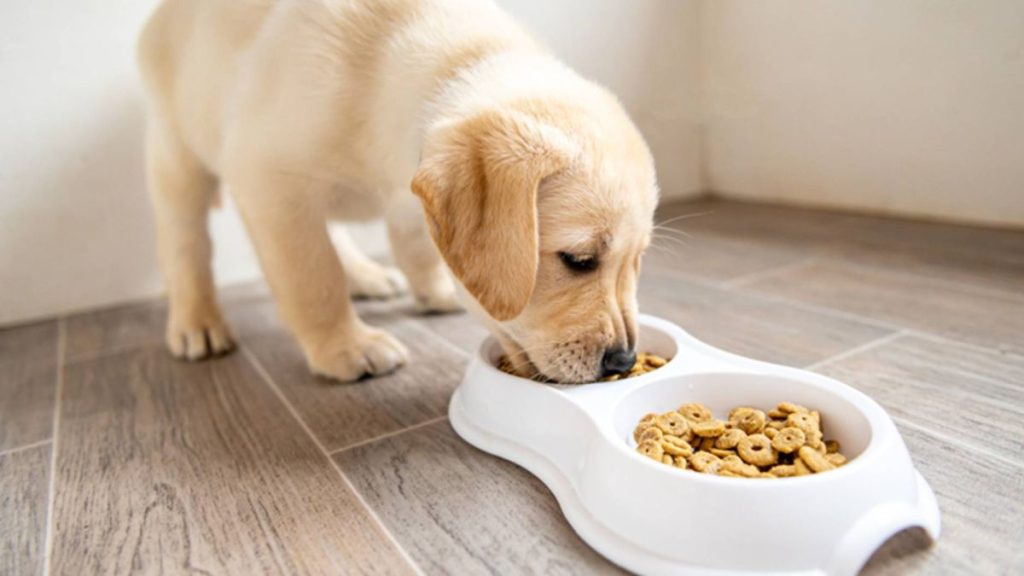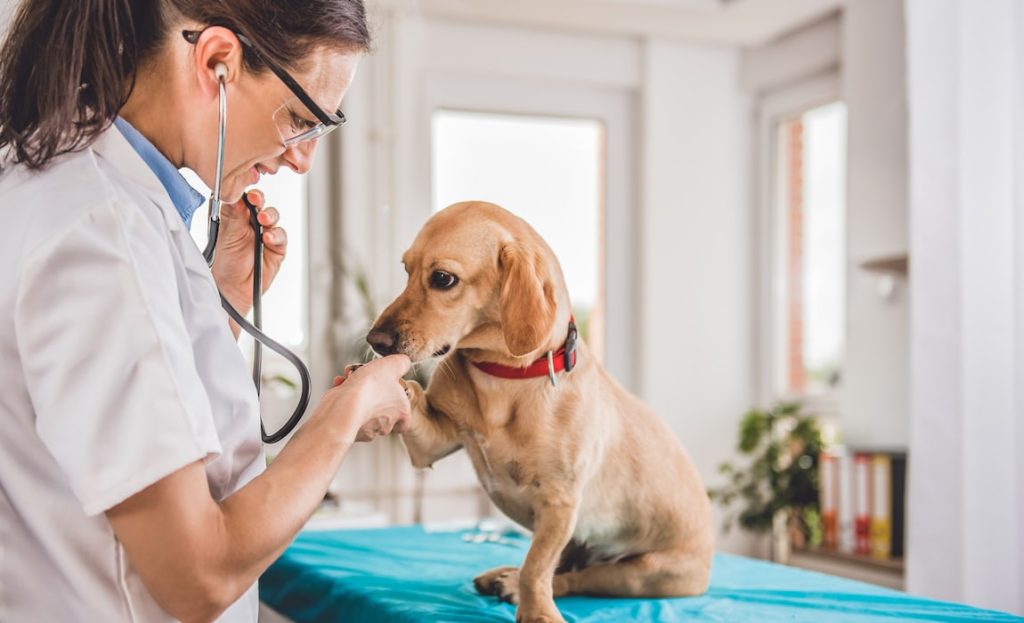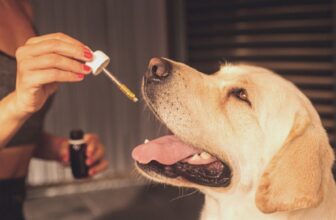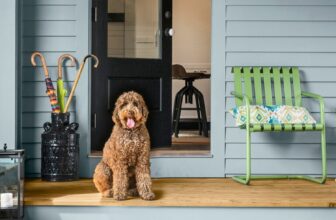
It’s common knowledge that the pandemic and the resulting lockdowns have affected many industries significantly. One of the most affected industries was the pet industry. According to Statista, as 70% of Americans spent more time with their pets during the lockdown, 14% of Americans brought home a new dog.
Considering the isolation, social distancing norms, and the solitude that comes with it, it’s no wonder that more and more people are considering getting a pet. A survey has revealed that dogs are the most popular pets with 33% of pet owners globally having a dog.
Since dogs are one of the most caring, loyal, and entertaining pets to have, they make for a really good companion to have during the lockdown. And since you are here, you might be considering bringing home a dog soon. But having a dog is a full-time responsibility, just like having children, and it requires serious commitment.
In case you have made up your mind and are planning to bring a dog, here are a few things to do before you get the baby to your home. From puppy proofing to pet supplies, here’s everything you need to know.
Table of Contents
Puppy Proof the Home

Source: unsplash.com
One of the first things to do before your furry baby comes home with you is to prepare your home for the puppy. It’s necessary to puppy proof every single corner of your house to avoid any sort of mishap. Bear in mind, that puppies display destructive behavior in their formative years, which is normal.
However, if you don’t prepare, this can be frustrating for you and dangerous for the dog. Always be in the mindset that if there’s something that can hurt the puppy, your puppy is sure to find it.
One of the best ways to puppy-proof your home is to get down to their eye level. Get on all fours, and look for possible hazards. Tape up all the low electrical sockets and hide all electrical cords as best as you possibly can. Ensure that all the cabinets in the house —especially those with medicines, food, chemicals, and household items— are properly locked. Keep your houseplants and trash can out of the puppy’s reach, and the same goes for footwear or laundry as well.
Finally, the best way to keep your puppy safe is to supervise him or her at all times. Crate train your dog and leave him or her in the crate when going out for long. Don’t give your puppy the full run of the house until it’s older and well-trained.
Stock Up on Puppy Supplies

Source: k9ofmine.com
Believe us, you wouldn’t want to bring home a puppy without any supplies and then plan what you need. Instead, it should be the other way around. Any dog parent will need a lot of dog supplies before the canine companion even comes home. You’ll need to keep basic stuff ready for your puppy. But don’t go overboard, unless you want to end up with stuff that your puppy won’t even like, such as toys or a bed.
However, you’ll need a few essentials before you bring the puppy home. You’ll need a basic leash that is four to six feet in length and an adjustable collar with an ID tag. Next up, purchase a size-appropriate food and water bowl in either metal or ceramic material. Avoid buying plastic bowls as they are easier for the dogs to chew up and might cause skin irritation as well.
Next up, buy appropriate puppy food based on the breed, age, and size of the puppy. Don’t skimp when it comes to dog food and invest only in premium quality food. Other essentials include a simple dog bed with enough room for growth, several dog toys, grooming tools, and a dog crate.
As your puppy grows, you’ll need more items such as preventive and grooming products. With websites like PetCareRX, you can simply head online and order everything you need to get them home delivered conveniently. These websites offer everything, from toys to medication that you may need.
Find a Good Veterinarian

Source: k9ofmine.com
When you get a puppy for the first time, rest assured you’ll come across a lot of issues and questions that only a vet can answer for you. Excessive itching, shaking the head, scratching ears, red spots, and more. Moreover, your puppy will also need to be duly vaccinated and ensured that there are no underlying health issues. Therefore, it would be best to find a trusted and good veterinarian before you even decide on which puppy you want to get.
That way you will have the vet available when something comes up instead of having to rush to find one and end up with a mediocre one. Look for a vet who has a good reputation and is situated in your location. Ask people with dogs in your circle about which vet they consult, read online reviews, do the recce of the clinic, and do a lot of other due diligence before you settle on your dog’s vet.
On your puppy’s first visit to the vet, bring all of the necessary documentation and paperwork that the breeder provided. Once your vet has examined the papers, they will be able to guide you with the remaining vaccination schedule, booster vaccines, any medications, and any diet recommendations based on your puppy’s health.
Lastly, you will need to know several things to raise a puppy correctly and happily. Apart from selecting an appropriate diet, staying on top of vaccinations, training, and exercising, there are other things to consider.
If there is more than one person in your home, set a structure in advance as to who will feed the puppy, who will walk the puppy, and so on. If you have other pets at home, introduce them properly and if there are children, instruct them on how to behave around the dog.







